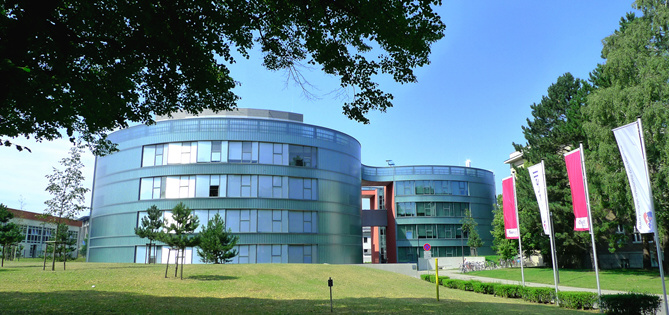Biochim Biophys Acta (Reviews-on-cancer). 2008; 1785(2):207-216.
DNp73 a matter of cancer: Mechanisms and clinical implications.
Buhlmann S, Pützer BM.
The p53 family proteins carry on a wide spectrum of biological functions from differentiation, cell cycle arrest, apoptosis, and chemosensitivity of tumors. NH2-terminally truncated p73 (referred to as DNp73) acts as a potent inhibitor of all these tumor suppressor properties, implying that it has oncogenic functions in human tumorigenesis. This was favored by the observation that high DNp73 expression levels in a variety of cancers are associated with adverse clinico-pathological characteristics and the response failure to chemotherapy. The actual challenge is the deciphering of the molecular mechanisms by which DNp73 promotes malignancy and to unravel the regulatory pathways for controlling TP73 isoform expression. This review is focused on recent findings leaving no doubt that N-terminally truncated p73 proteins are operative during oncogenesis, thus underscoring its significance as a marker for disease severity in patients and as target for cancer therapy.

Contact
Institute of Experimental Gene Therapy and Cancer Research
Core-Facility Viral Vector & Genome-Editing Technologies
Biomedical Research Center
Schillingallee 69
D-18057 Rostock
Office
Ingrid Winkler
(+49) 381 494-5066(+49) 381 494-5062
ingrid.winkler@med.uni-rostock.de
Department Life, Light & Matter
Research Building LL&M
Albert-Einstein-Str. 25
D-18059 Rostock
Research Building LL&M
Albert-Einstein-Str. 25
D-18059 Rostock




